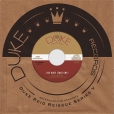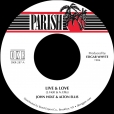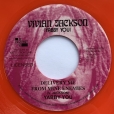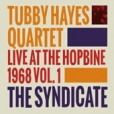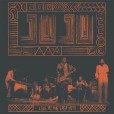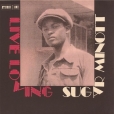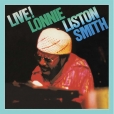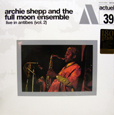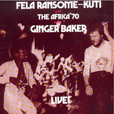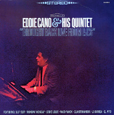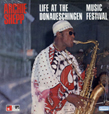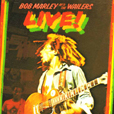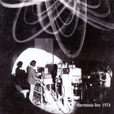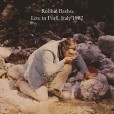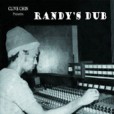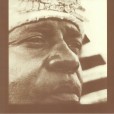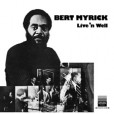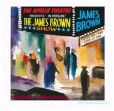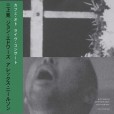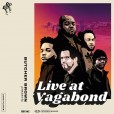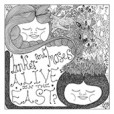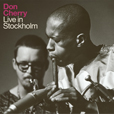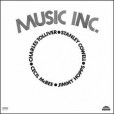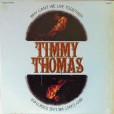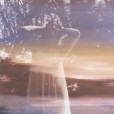Your basket is empty

Sugar’s debut LP, from 1978: inspired, crafted voicings of all-time classic S1 rhythms, banger after banger, insouciantly announcing the rebirth of the greatest reggae label of all time, with vibes and panache to the max.
Hotly recommended. Crucial Studio One.
1967 — Rudd and Moncur, Jimmy Garrison (an unmissable solo overture), and Beaver Harris, tearing like a tornado into three-quarters-of-an-hour of One For The Trane.
Ten vivid, dynamic dubs from Randy’s legendary Studio 17, in North Parade, with Karl Pitterson taking over from Errol Thompson, alongside Clive Chin… stripping, tweaking and burnishing these superbly limber rhythms by Skin Flesh & Bones, the Wailers Band and Now Generation.
Pure, expert instrumental reggae — no bells, no whistles — to run alongside vocal cuts by Ta-Teasha Love, Tony Tuff, Carlos Malcolm and co.
Originally released on Impact! in 1975, in a pressing of barely two hundred copies.
A quintet, with DJ Harrison from Stones Throw on keyboards, drummer Corey Fonville (Christian Scott, Nicholas Payton), bassist Andrew Randazzo, Marcus Tenney on trumpet and Morgan Burr on guitar. Freaking, hiphop-inflected jazz-funk, with its roots in Weather Report, Return To Forever and early Earth Wind And Fire.
Previously unreleased music from 1968 and 1971 — with Maffy Falay, Bernt Rosengren, Okay Temiz, Torbjorn Hultcrantz, Tommy Koverhult, Leif Wennerstrom and Rolf Olsson.
Terrific big band music from 1970. What a lineup— built around a core of Tolliver, Stanley Cowell, Cecil McBee and Jimmy Hopps, but also featuring all-time greats like Clifford Jordan, Jimmy Heath and Curtis Fuller.
The first recording in twenty years by this path-breaking vocalist — introduced to ESP by Albert Ayler — is a 2018 concert with Burton Greene (from her 1966 debut) and bassist Mario Pavone and percussionist Barry Altschul, from the group of musicians around Paul Bley.
‘Dedicated to Cecil Taylor, who had passed away moments before she took the stage, Live preserves the mournful tension that was in the air that night. Side A comprises a set of desolate ballads, including Waters’ own classic Moon, Don’t Come Up Tonight. Fifty years after her unforgettable recording of Black Is The Color Of My True Love’s Hair — one of the 20th century’s most harrowing, deeply political expressions of madness and grief — the B-side is a stark reminder that the fight for civil rights is far from over. Beginning with Strange Fruit, the suite’s form-bending contortions also feature Waters’ take on Ornette’s Lonely Woman.’
